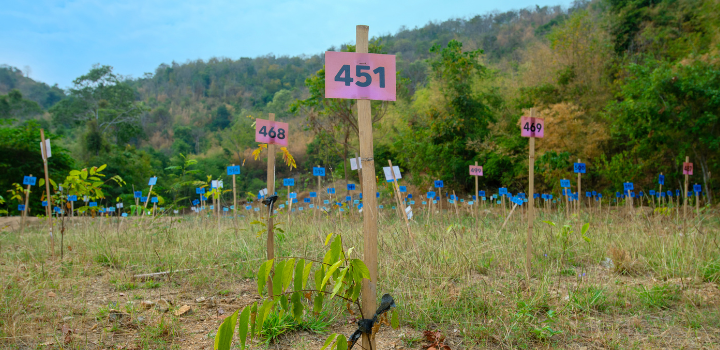UEA climate experts analyse global food security
By: Communications

In a new ClimateUEA article, Prof Rachel Warren, Prof Nitya Rao and Prof Kristie Ebi (Royal Society Wolfson Visiting Fellow) highlight the state of and threats to future food supplies and nutrition.
Building on from their panel discussion on Health, Nutrition and Climate Change at ClimateUEA day in June 2024, these three world-leading experts answer key questions on this increasingly vital subject.
The researchers not only dissect how climate change is affecting the nutritional quality and quantity of crops, but they also highlight which communities are most at risk of these changes. Highlighting the effects on specific groups, Prof Rao points out that “among the undernourished, women consistently remain the most food insecure”.
The effects of increased CO2 levels also pose a clear threat to global health and, Prof Ebi notes it, “will exacerbate current challenges with food security. In 2023, 713 to 757 million people worldwide faced hunger; this is 152 million more people than before the COVID-19 pandemic.”
Prof Warren lends her expertise to highlight unexpected ramifications of climate change such as the effect of warming on pests and pollinators. She notes that “in temperate regions, a number of serious crop pests are no longer killed by winter frosts due to climate change, leading to losses in crop productivity the following year.”
Related Articles

Social justice should not be tokenistic but at the heart of global restoration efforts
Social justice must be at the heart of global restoration initiatives - and not “superficial” or “tokenistic” - if ecosystem degradation is to be addressed effectively, according to new research by the University of East Anglia (UEA).
Read more
2025 – a year in research
The past twelve months have seen UEA researchers break new ground on everything from Magna Carta to the mating habits of jaguars in the Amazon. Join us as we take a look back at just some of 2025’s incredible stories, discoveries and expert insights.
Read more
UEA’s grant and funding success – October 2025
Discover the latest research and funding grant successes happening within the University of East Anglia.
Read more